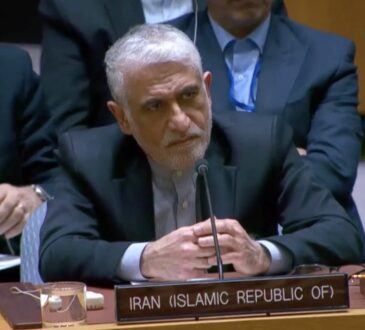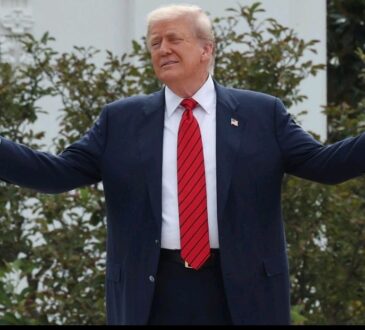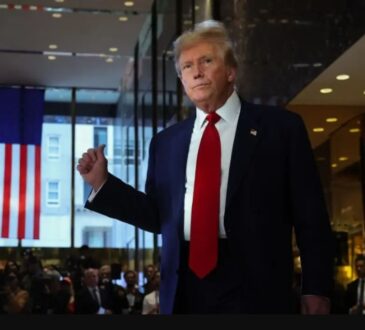
Alan Dershowitz, the well-known attorney who once defended Jeffrey Epstein, has stirred new controversy by implying that staff members at the federal jail where Epstein died may have played a role in his death. Though the official ruling declared Epstein’s death a suicide, Dershowitz suggested in a recent interview that the circumstances surrounding it point to something more troubling.
During the interview on Real America’s Voice with host Eric Bolling, Dershowitz said he does not believe Epstein was murdered in the traditional sense, but he doubts Epstein acted entirely on his own. In his words, “He was in jail awaiting trial when he, I think, killed himself with the help of jailers. I don’t think he could have done it by himself.” His remarks directly challenge the official narrative while stopping short of endorsing full-blown conspiracy theories.
Epstein, a multimillionaire with ties to some of the world’s most influential figures—including former President Donald Trump and billionaire Bill Gates—was being held at the Metropolitan Correctional Center in New York City in 2019 while awaiting trial on federal sex trafficking charges. On the morning of August 10, Epstein was found unresponsive in his cell. The medical examiner ruled the death a suicide by hanging, but nearly everything about that night raised red flags.
Immediately after his death, serious lapses in jail protocol came to light. Surveillance cameras near Epstein’s cell had either malfunctioned or failed entirely. Some footage reportedly disappeared or was deemed unusable. The two correctional officers on duty that night admitted in court that they had falsified records to show they had checked on Epstein, when in reality, they had not. These guards later reached plea agreements and avoided jail time.
Dershowitz has emphasized that he does not believe Epstein was deliberately assassinated to protect powerful individuals. However, he strongly suspects that others may have contributed to Epstein’s ability to end his own life. “I am not one of those who believes there was a planned murder,” he said. “But I do think there were people there who may have facilitated or allowed it to happen, either through neglect or willful disregard for duty.”
The Bureau of Prisons has stood by its conclusion that Epstein died by suicide, attributing the failures that night to staffing shortages and procedural breakdowns. Multiple internal investigations have supported that conclusion, though public trust remains low.
What adds even more intrigue is Dershowitz’s own history with Epstein. As a member of Epstein’s legal team years earlier, he had access to information others didn’t. And now, nearly six years later, Dershowitz has revealed that he has seen the long-rumored client list—the list that many believe contains the names of high-profile individuals who were associated with Epstein’s criminal activities.
Although Dershowitz refused to name anyone, citing legal confidentiality, his admission reignited frustration among those demanding transparency. Many critics argue that the public deserves to know who was involved, and Dershowitz’s silence, while legally justified, only deepens suspicions.
The mystery surrounding Epstein’s death, the failure of jail safeguards, and the unresolved questions about his connections continue to captivate and disturb the public. Dershowitz’s recent comments, especially given his legal reputation and his proximity to the case, have added fuel to a fire that shows no sign of going out. Whether his words will spark new investigations or fade into yet another chapter of speculation remains to be seen.




